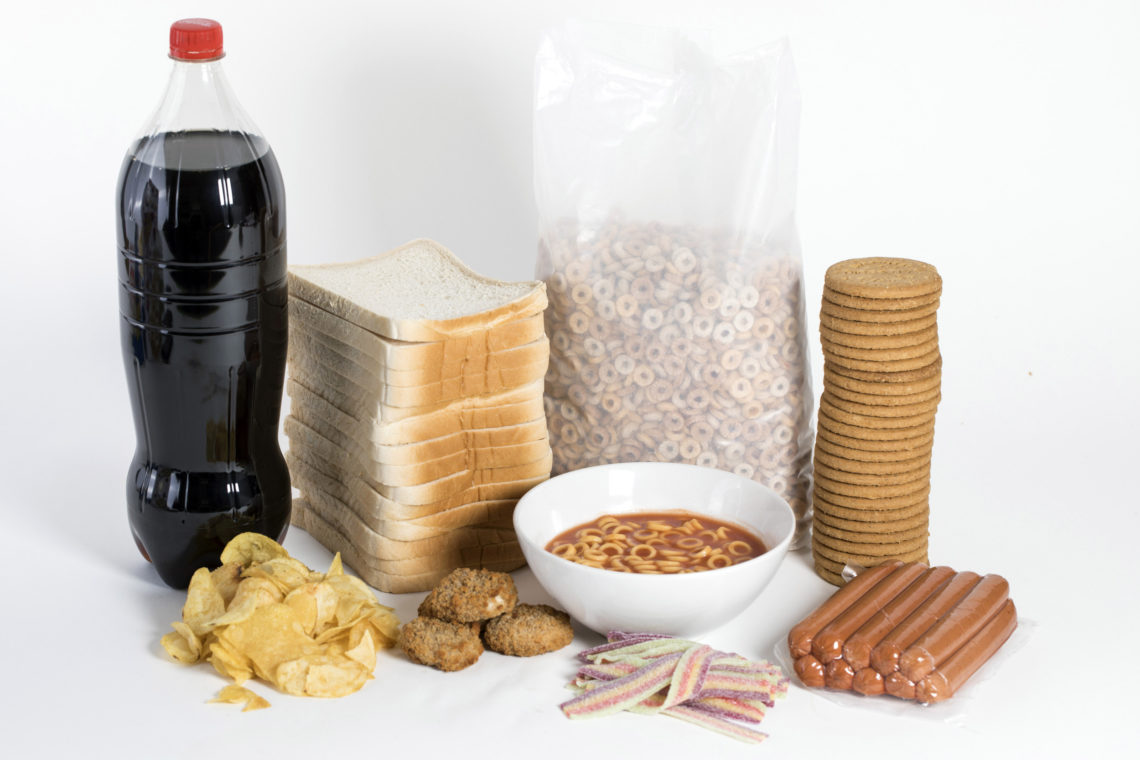A new large-scale study has found that people who consume higher amounts of ultra-processed foods (UPF) face a significantly increased risk of developing lung cancer.
Published in the medical journal Thorax, researchers from Chongqing University in China analyzed the dietary patterns of over 100,000 adults and found that those with the highest intake of UPF had a 41 percent greater chance of being diagnosed with the disease.
Newsweek contacted the American Lung Association for comment via email on Sunday.
Why It Matters
Processed food has already been linked to numerous chronic health conditions, including obesity, heart disease, and diabetes. This new research adds lung cancer to the growing list of serious health concerns associated with the modern industrial diet.
With UPF making up a substantial portion of many people’s daily intake, the findings raise urgent public health questions about food quality, regulation, and long-term health outcomes.
What To Know
The study drew on data from the U.S. Prostate, Lung, Colorectal and Ovarian (PLCO) Cancer Screening Trial, following more than 100,000 adults aged between 55 and 74 over a period of 12 years.
Among participants, those in the highest quartile of UPF intake faced a markedly higher risk of developing lung cancer, even after researchers adjusted for smoking, socioeconomic status, and other lifestyle factors.
UPF in the study included packaged snacks, instant noodles, sweetened beverages, processed meats, frozen meals, and industrial baked goods.
Notably, the increased risk applied to both major forms of the disease, non-small cell lung cancer and small cell lung cancer (NSCLC and SCLC). The researchers found that even after accounting for smoking, which remains the leading cause of lung cancer, diet remained an independent risk factor.
The study concluded that higher consumption of UPF is associated with an increased risk of lung cancer, NSCLC, and SCLC. Although additional research in other populations and settings is warranted, these findings suggest the health benefits of limiting intake.
Public health experts have long warned that UPF, while convenient and inexpensive, carry long-term health risks that are often underestimated. Critics point out that these foods are not only nutrient-poor, but often high in sugar, sodium, and additives that may interfere with normal metabolic and immune functions.
BMJ Group, publisher of the British Medical Journal, noted that as this is an observational study, “no firm conclusions can be drawn about cause and effect,” with researchers unable to factor in smoking intensity, which may have been influential. “In addition, dietary information was collected only once, so couldn’t account for changes over time, and the number of cancer diagnoses was small.”
Although the study was observational and cannot confirm a direct cause-and-effect relationship, researchers said the strength of the association warrants serious attention. Some experts, however, cautioned against drawing firm conclusions from observational data alone, urging further research to explore underlying mechanisms.
What People Are Saying
Kevin McConway, emeritus professor of applied statistics at The Open University, per Science Media Center: “It’s yet another of a class of studies about ultra-processed foods that, in my view, are doing nothing much to advance what is known about associations between the consumption of UPFs and human health.
“I’m well aware that studies with other kinds of methodology are going on—I just wish that researchers would concentrate more on those other types of research, instead of repeatedly cranking the handle of doing studies like this one.”
What Happens Next
The study may intensify calls for clearer food labeling, public education campaigns, and stronger policy action to reduce the dominance of UPF in the global food supply. Future studies could examine specific ingredients and production processes to determine what aspects of UPF may contribute most to cancer risk.
In the meantime, health authorities are likely to renew efforts to promote diets based on minimally processed, whole foods—such as fruits, vegetables, whole grains, and lean proteins—as a way to reduce cancer and other chronic disease risks.
The post Processed Food May Raise Lung Cancer Chances—Scientists appeared first on Newsweek.




